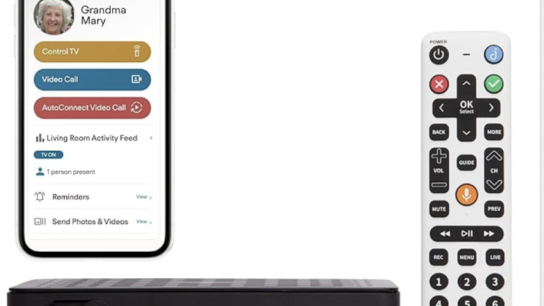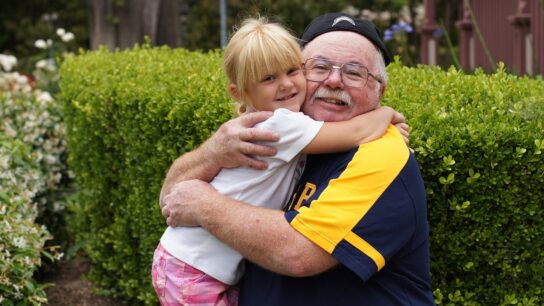Hiring a caregiver to provide in-home assistance for your elderly or dementia-afflicted parent is, obviously, a significant decision. This person will be crucial to ensuring mom or dad’s well-being, safety, and quality of life. In addition to carefully checking a potential caregiver’s references, you need to conduct a thorough interview with them. Here are some questions to ask before entrusting anyone to care for your parent:
1. Can you describe your previous experience in caregiving?
Understanding the caregiver’s background and experience is essential. Ask about their previous roles, the types of clients they’ve worked with, and any specialized training or certifications they have. You should only consider candidates who have specific experience in elder or dementia care – the demands on them will be unlike any other category of caregiving.
2. What drew you to a career in caregiving?
The caregiver’s motivation for entering the field can provide some insight into their passion and commitment to the job. Look for candidates who demonstrate genuine compassion, empathy, and a desire to make a positive difference in the lives of others. Did they provide this type of care to a grandparent, perhaps, and recognize how important it was? If they give a simple “I want to help old people” answer that may be someone looking to just pick up a paycheck.
3. How do you approach building rapport and trust with your clients?
For hiring a good caregiver dementia caregiver, you want someone who’s an effective communicator with solid relationship-building skills. Ask the candidate to describe their approach to building trust and establishing a rapport with their clients. Look for someone who emphasizes patience, empathy, and active listening in their caregiving.
4. How do you handle challenging behaviors or situations, particularly with clients who have dementia?
Caring for someone with dementia can present unique challenges; they’ll need to deal with the client’s cognitive decline, mood swings, and behavioral changes. Ask the potential caregiver if they have strategies for managing challenging behaviors, and how they’d diffuse tense situations. Find someone who demonstrates patience, flexibility, and a person-centered approach to dementia care.
5. Can you provide examples of how you promote engagement and stimulation for elderly or dementia clients?
The caregiver you hire must recognize that mental and emotional stimulation is crucial for the well-being of elderly or dementia parents. Ask the interviewee to share examples of activities or interventions they’ve previously tried to promote engagement and cognitive function in clients. Look for the candidate who has used different techniques tailored to previous client’s interests and abilities, not the person has a one-size-fits-all method. Tell them about your mom or dad’s specific situation and see what approach they’d try.
6. How do you ensure the safety and physical well-being of your clients?
Safety is paramount when it comes to your elderly parent, especially if they have mobility issues or other health concerns. Ask about the candidate’s approach to preventing falls, managing medications, and responding to medical emergencies. Look for someone who prioritizes safety measures and is trained in CPR and first aid.
7. Can you describe your approach to working collaboratively with family members and other healthcare professionals?
It’s essential the caregiver you hire knows they are an employee, and you’re the boss. They’ll need to communicate effectively with you, playing their role in the team that’s caring for mom or dad. Ask the candidate about how they worked with families previously. Were they ever in contact with their client’s doctors or other healthcare professionals? Particularly if you don’t live close to your parent, you’ll need to find someone you feel values open communication, respects family input, and is willing to adapt their approach based on your feedback.
8. How do you prioritize self-care and avoid burnout in your role as a dementia caregiver?
Caregiving can be physically and emotionally demanding, so it’s essential that all caregivers – whether family, friends, or professional – prioritize self-care to avoid burnout. Ask what the candidate does to maintain their own well-being while caring for others. Look for person who recognizes the importance of self-care, as it will make them better at caring for your mom or dad.
What about bringing mom or dad in to live with you? You may still want some additional help. Here’s a look at the pros and cons of moving an elderly parent into your home.
Hiring the right caregiver for your elderly or dementia-afflicted parent requires careful consideration and thorough evaluation. By asking the right interview questions, you can assess the candidate’s qualifications, experience, and compatibility with your family’s needs and values. Look for the candidate who demonstrate compassion, empathy, and a genuine commitment to providing high-quality care for your mom or dad. Putting that right caregiver in place will be good for your parent, and provide you with peace of mind.



